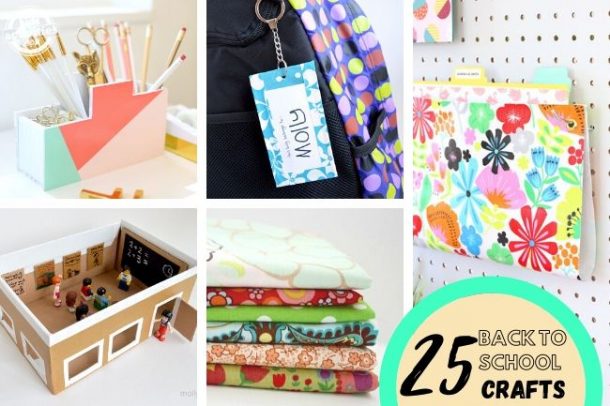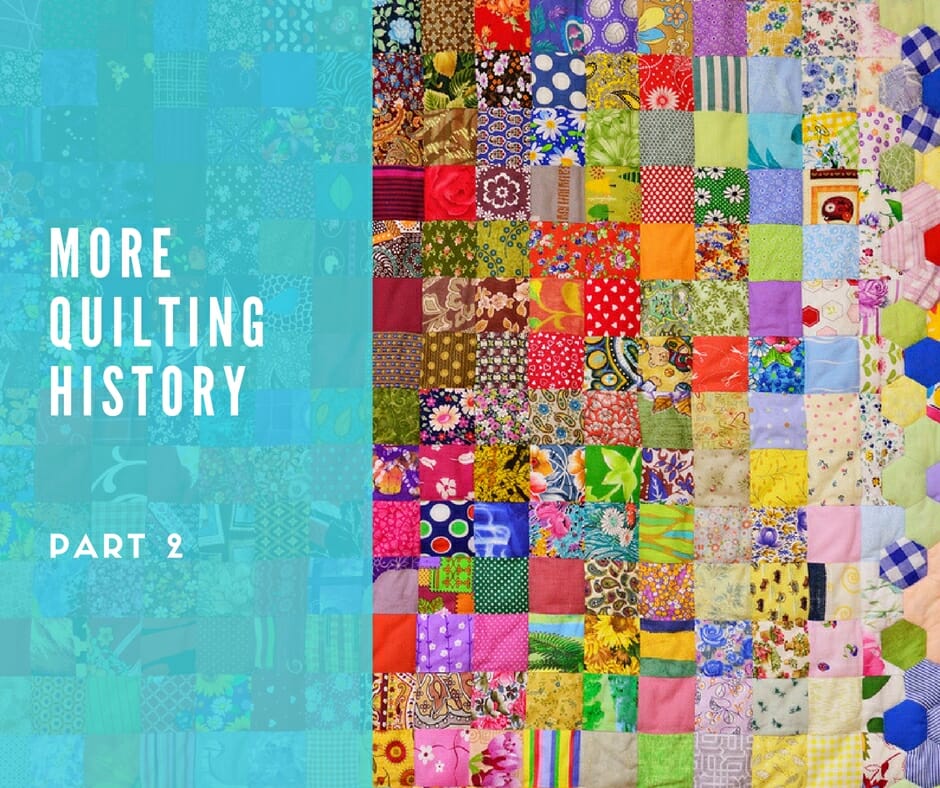
Puzzles can be a good way to improve your hand-eye coordination. Besides improving hand-eye coordination, puzzles also develop problem-solving skills and spatial perception. Best of all, they teach kids new things. Continue reading to find out more about puzzles and how you can make them more educational and fun for your kids. We'll be discussing three benefits of puzzles to kids in this article. Here are just a few of them.
Puzzles improve hand-eye coordination
Children who enjoy puzzles develop hand-eye coordination. This is because their hands and eyes must cooperate. These skills are used by the brain to perform tasks such as walking or writing. The skills they develop while playing with puzzles are necessary for future life skills, such as problem-solving. Fine motor skills such as pinching and gluing and picking up are also developed.
When children play with puzzles they learn to set goals, break down large tasks into smaller tasks, and how to accomplish them. Children learn to sort pieces according to shape by starting at the edges. This step-by–step approach teaches patience as well as the feeling of satisfaction when the last piece is arranged. This skill is crucial for success in school and life. Puzzle playing helps children develop social skills such as cooperation, communication, and empathy.

They improve problem solving skills
Some puzzles are designed to help with problem-solving skills. Others are fun. Puzzles can be great for your child's overall growth, no matter what their interests. Research suggests that puzzles may improve your child’s ability to think critically and develop logical reasoning. Puzzles can be fun and help your child to learn how to work in a group. Puzzles are an excellent choice for young kids because of these three elements.
Children enjoy puzzles and learning about shapes, colors and patterns. Children are developing their cognitive skills and vocabulary by sorting and applying these knowledge. These skills will allow them to communicate with their environment and to better understand it. And while they're at it, they'll learn to cooperate with other kids and communicate their strategies with each other.
They improve spatial perception
Children who play with puzzles improve their spatial perception. It isn't clear how. While some studies have shown that puzzles improve spatial thinking skills in children, others have not found any. The results of these studies showed that children who are engaged with puzzles and continue to play with them for longer periods of the day may be more likely than others to acquire spatial reasoning. Some of these benefits can be attributed to attention. Children with trouble shifting or sustained attention may have difficulty learning spatial reasoning.
Researchers also discovered that boys engage in spatial play more than girls. These activities include puzzles and blocks as well as board games. But, it is still unclear how these play activities affect spatial reasoning. This discovery could have important implications for parents and educators, as well the toy industry. However, the researchers caution that further research will be required before any conclusions can ever be drawn. Further research is needed to determine the best educational strategies for children.

They enable children to learn new things
Puzzles are a wonderful way to teach children something new. There are many educational benefits. Puzzles develop problem-solving skills as children strategize to fit pieces together. They help children make quick decisions, and develop their observational skills. Puzzles are great for learning new skills and will appeal to children who enjoy puzzles. Here are some advantages of puzzles for children. Keep reading to discover how puzzles can help your child learn new things.
Math, reading and other subjects are greatly affected by the cognitive skills that your child acquires while solving a puzzle. Puzzles also help kids learn new shapes, animals, and themes. These skills are crucial in any subject area so puzzles can be a great tool to help develop them. This helps children develop confidence by teaching them how to recognize patterns. Puzzles are a great way for families to have fun together. Family bonding can be fostered by simple games such as solving riddles or racing through mazes.
FAQ
What are educational hobbies, you ask?
An educational hobby is an activity where you learn something by doing it. It could be anything from playing sports to learning how to play an instrument.
The most important thing is that you find it enjoyable and entertaining. It doesn't have to be done all the time. However, if you get bored of it, you should think about other things you can do instead.
You should also make sure that you are not spending too much money on these activities. It could end up costing your more than it's worth.
What are some good hobbies for seniors to do?
Senior citizens should be able to enjoy activities that they are passionate about. Active seniors should take up sports and other physical activities.
They might want to join clubs where they can meet people who share similar interests. They'll be less lonely as they get older.
Senior citizens need to be aware of the latest trends. For example they could keep up to date with fashion, art music, literature, politics, and so forth.
What are good hobby ideas?
It's the hobbies you are most passionate about that make you happy. It will be easier to continue doing what you love if you are passionate about your work. You'll also have an excuse when you're not feeling well or tired!
Our hobbies include painting, crafts, photography and cooking.
Volunteering could be a great option.
If you're looking to do something more adventurous, Try scuba diving, rock climbing or parasailing.
There are many ways to enjoy nature, even if you don't want to travel far. These include caving.
What's a hobby for children?
Hobby for children is anything they enjoy doing outside of work. Some kids like to build things, draw, paint, write, or play with toys.
Many parents worry that their kids will get into trouble when they're free to do what they want. But this isn't always true. Your child won't get in trouble if they are safe and don't do any harm to anyone.
It is important to keep in mind that just because someone likes something, doesn't mean they will choose it every time. If they don't like writing but love drawing, they might choose to draw images instead.
There are many hobbies available, so you can choose the one you like best.
What does a hobby really cost?
Time is all that's required to make a hobby a success. But it could take years to achieve what you want if you are serious about it.
One thing can help you. It's called "passion". If you have passion about something, it will make it easier for you to work hard.
Once you put in the hours, you might find yourself addicted to the activity. And this is where the real fun begins! You are now doing something that you love and getting better every day. By the end of the year you'll have probably made a lot of progress.
So don't worry too much about how long it takes. Try it! You might be surprised at the results!
Statistics
- Much of this decline reflects the fact that teens are less likely to work today than in the past; among employed teens, the amount of time spent working is not much different now than it was around 2005. (pewresearch.org)
- In comparison, men in the “no humor” condition were refused 84.6% of the time and were only accepted 15.4% of the time. (time.com)
- I am 100% biologically a woman (discover.hubpages.com)
- 37% Video Games 36% Travel 36% Health and Fitness (quizexpo.com)
- The Role of the Mind in Sex, Dating, and Love: Men in the “humor” condition received phone numbers from 42.9% of the female participants and were refused 57.1% of the time. (time.com)
External Links
How To
How to start bicycling
Bike riding is one the most loved sports today. You can get exercise, have fun and take in the fresh air. Bike riding is a skill that takes practice and requires skill. It is essential that you learn how your bike works so that you don’t fall while riding. If you want to learn how to ride your bike properly, here are some tips you should know.
Proper cycling clothes are essential. Your clothing should fit comfortably and protect you from the elements. If you're going out on a bike ride, you should wear a helmet. You will not feel any pain if your head is hurt by a crash. You should also ensure your bike fits properly. Unfitting bikes can lead to injuries in a collision.
Second, it is important to inspect your tires frequently. Your tires should be properly inflated so they offer adequate traction. The tire pressure should be checked every week. They should be checked for any debris or dirt. To ensure there are no leaks, check the stems of the valves. Make sure that the brakes work properly. Always look ahead when riding. Avoid riding in traffic as it is dangerous. Be mindful of pedestrians around you and animals. Remember to use common sense while riding. Avoid driving like an insane person and avoid sudden movements.